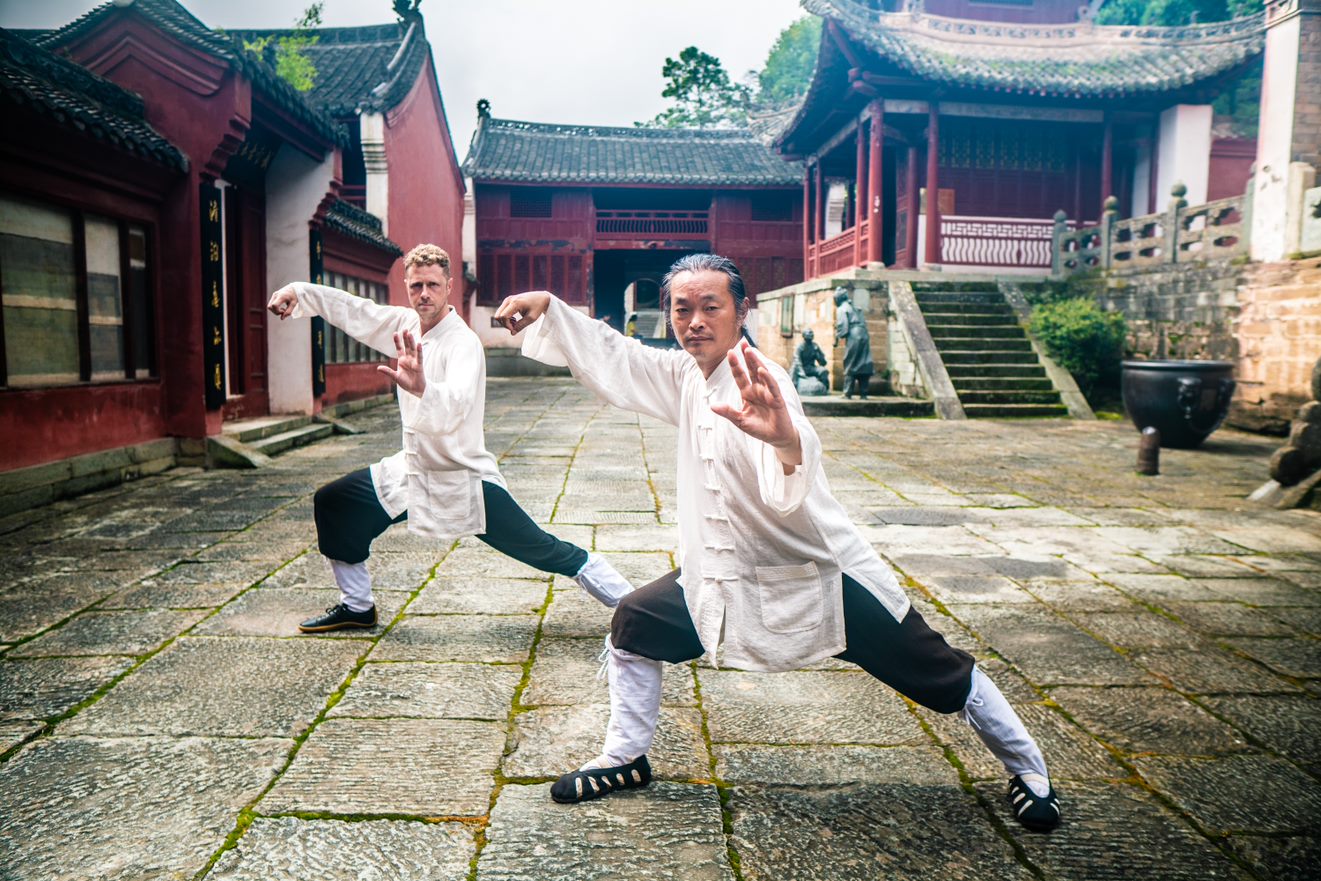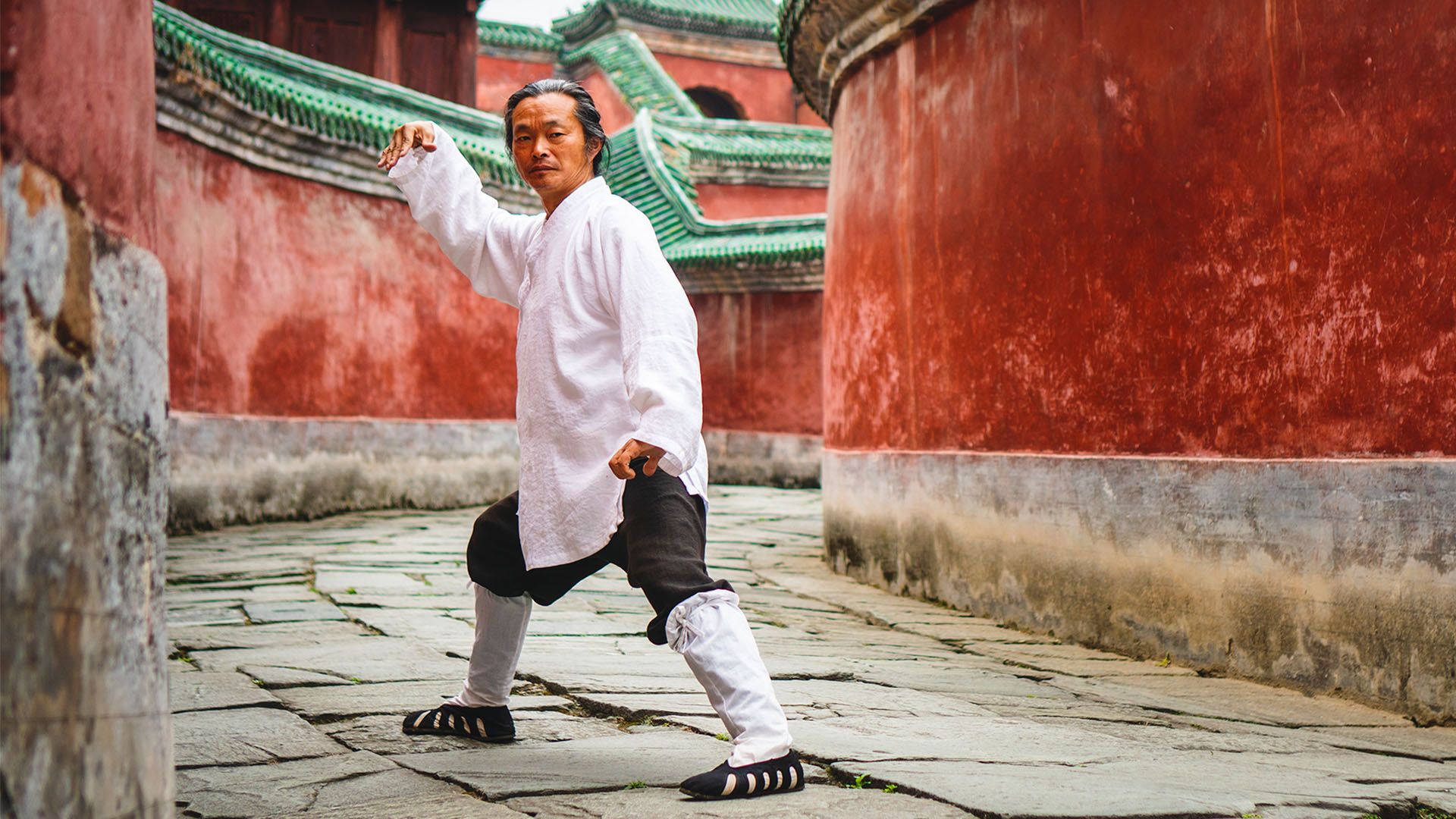Discover the Healing Power of Qigong: Health Benefits of Qigong
May 14, 2023
Modern lifestyles often lead to stress and health problems. Qigong, an ancient Chinese practice, offers a solution with its gentle movements and meditations. Research has shown that the healing power of qigong can significantly improve physical health and mental well-being. Studies suggest that qigong may help manage chronic conditions and boost the immune system.
The benefits of qigong include reduced stress, increased energy, and improved overall health. This article provides a comprehensive guide to understanding and incorporating qigong into your daily routine. Learn how the power of qigong can transform your health and enhance your life.
Listen to the full podcast here - Click here!
What is Qigong?
Qigong, an ancient practice of Chinese origin, involves gentle movements, breathing techniques, and meditation to enhance physical, mental, and emotional health. Coined in the 1950s during the Communist Revolution, Qigong rebranded ancient Taoist exercises to promote national health. Initially known as "nurturing life" or "leading and guiding the life force," it aims to improve health and longevity by tuning into the Dao, or the universe. This practice, deeply rooted in traditional Chinese medicine, includes medical qigong, which integrates physical postures, breathing exercises, and focused intention to balance qi, or vital energy. Practicing qigong can significantly boost overall well-being.
Benefits of Qigong:
Research has shown that regular practice of Qigong can have a range of health benefits, including:
- Reducing stress and anxiety: The gentle movements, deep breathing, and meditation techniques of Qigong can reduce stress and promote relaxation.
- Boosting the immune system: Qigong practice has been shown to increase the production of white blood cells, enhancing the immune system's ability to fight infections and diseases.
- Improving balance and flexibility: Qigong's slow, flowing movements improve balance and coordination while stretching and bending movements enhance flexibility.
- Enhancing mental clarity and focus: Qigong can improve cognitive function and mental clarity by reducing stress and improving blood flow to the brain.
- Promoting better sleep: Qigong can help promote better sleep by reducing stress, calming the mind, and relaxing the body.
- Reducing inflammation and chronic pain: Qigong's gentle movements and deep breathing can reduce inflammation and chronic pain by improving circulation and releasing muscle and joint tension.
You can listen to a full podcast based on the Qigong in the Modern World by Ken Cohen and George Thompson, well-known Qigong and Tai Chi practitioners - Click here!
How Does Qigong Work?
Qigong involves moving the body slowly and flowingly, synchronizing the breath with the movements, and focusing the mind on the present moment. By doing so, practitioners can tap into their body's natural energy, or Qi (pronounced "chee"), and promote the flow of Qi through the body's energy channels. This practice helps balance the body's systems and improves overall health and well-being. Regular Qigong practice has been found to lead to significant health benefits. Studies of Qigong suggest that it may help with various health conditions and enhance physical health.
Qigong and Egolessness:
In addition to the physical benefits, Qigong can also profoundly affect the mind and spirit. Ken Cohen, a Qigong teacher, explains that the practice of Qigong can help achieve a feeling of egolessness, similar to what the Buddha called "no self." This realization helps one understand that who they think they are is not who they truly are. Qigong offers a unique way of achieving this realization, and it is a great privilege and joy to explore this world of mindful movement and Qigong.
How to Practice Qigong:
There are many ways to practice Qigong, from simple exercises to complex forms. Some of the most popular forms of Qigong include Tai Chi forms, Qigong forms, and guided meditations. The key to success is to find a practice that works for you and to commit to practicing regularly.

Healing Power of Qigong:
Qigong is a gentle practice rooted in ancient Chinese healing techniques. The movements and meditations involved in qigong enhance the flow of energy, promoting physical health and wellness. Regular qigong practice has shown significant benefits, such as reducing stress, improving general health, and boosting the immune system. Studies suggest qigong may help manage health conditions by harnessing the body's innate healing potential. Incorporating qigong into daily routines can lead to powerful healing effects, making it an effective form of complementary and integrative health therapy. The National Qigong Association supports ongoing research on qigong's effectiveness and its various applications.
Join a Qigong Community:
Other forms of Qigong include Baduanjin, also known as the Eight Brocades, a series of eight exercises focusing on stretching and deep breathing. Another form is the Five Animal Frolics, which imitates the movements and behaviors of animals and is said to improve flexibility, strength, and balance.
Some Qigong practices also involve visualization and intention, such as imagining a ball of energy in the palms or focusing on a specific body part during movements. These techniques can help to further enhance the flow of Qi and promote healing in specific areas of the body.
In addition to practicing Qigong on your own, joining a Qigong community can provide additional support and guidance in your practice. If you want to learn more about Qigong and connect with other practitioners, consider joining our Online Tai Chi Courses to live healthier and more peaceful lives. You'll have access to Tai Chi forms, Qigong forms, guided meditations, and Taoist philosophy to empower you to take charge of your wellness with Master Gu.
In conclusion, Qigong is an ancient practice with modern applications that offers many benefits for physical, mental, and emotional health. From improving balance and coordination to boosting the immune system and reducing stress, Qigong is a powerful tool for enhancing overall well-being. Whether you're new to the practice or a seasoned practitioner, many resources are available to help you deepen your understanding and experience of this transformative practice.
To explore Qigong in detail, listen to this podcast by Ken Cohen and George Thompson.







